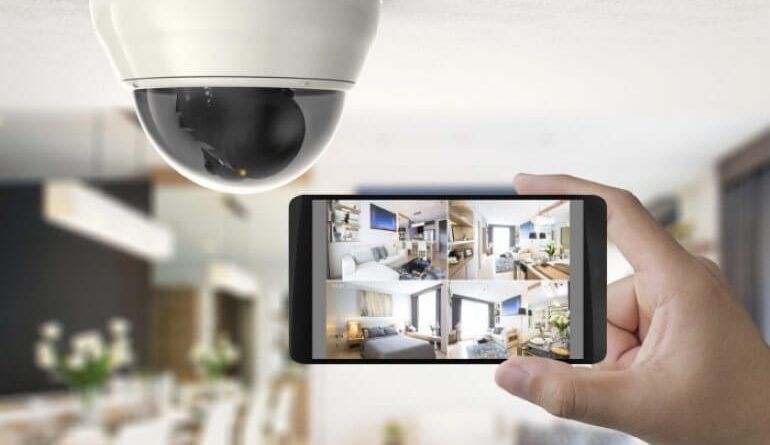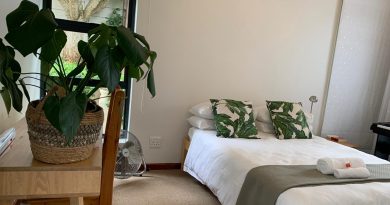8 Security barriers that every household should consider
According to the South African Police Service’s latest crime stats, robberies at residential premises increased by 7.6% from 4 916 to 5 288 cases in January to March 2021 compared to the previous year. Statistics South Africa says that house break-ins is the most common crime experienced by households in South Africa and, according to Budget Insurance’s claims data, South Africans are taking note and increasing the use of physical security measures in their homes.
“It’s good to see that the use of physical security measures is increasing – they are always the first line of defence. The use of locking bolts has increased consistently over the last three years, with about 75% of customers having them installed. Security gates have similarly increased in use, with 72.2% of customers inside estates and 83.5% of customers outside of estates having them installed,” notes Susan Steward from Budget Insurance.
Steward notes that homes that aren’t thoroughly secured, have only one security measure in place or have one of their security features temporarily disabled, are prime targets.
“Criminals are opportunistic by nature and our data shows that they will use anything from windows, garages, gates, doors, sliding doors and, in rare cases, roofs to gain access to properties. South Africans are advised to do a thorough security audit and better safeguard themselves as thoroughly as their means allow,” says Steward.
Whether you live inside a security estate or not, you can’t afford to let your guard down. There are various systems that provide additional lines of security that every South African home should consider:
- A sturdy perimeter wall or palisade fence offers privacy and acts as your first line of defence.
- Secure and sturdy access gates and garage doors. Ideally, these should be operated remotely and opened and closed quickly to limit the window of opportunity for criminals. Ensure that gates can’t be lifted off their rails with a crowbar and that gate motors are well hidden and can’t be accessed easily.
- An electric fence offers an extra security barrier and serves as a further deterrent to criminals. Make sure yours is installed by a certified professional, in accordance with electric fence compliance regulations. Be sure to check for vulnerable spots where the fence can be bypassed by, for example, stepping on part of the wall, or using a nearby tree for leverage.
- Security beams around your home and inside your home should be set up in such a way that different zones can be activated as needed. This serves as an early warning system, allowing you and your security company more time to react.
- An alarm system that is linked to a reputable armed response company, including a panic button.
- Burglar bars on windows and security gates on all doors – made of rigid materials and fixed in such a way that they can’t be easily bypassed, broken or pried open. Some older homes are especially vulnerable if the weld that fixes burglar bars to the window frame isn’t sturdy.
- Small dogs in the home are a hugely underrated security measure. Their sharp sense of hearing, sight and smell provide an invaluable early warning system.
- CCTV systems are becoming increasingly affordable and offer an easy way for you to keep an eye on your property. You can even monitor your home remotely via a smartphone app. This can provide valuable footage if your home is broken into.
“If only we detected them earlier’ and ‘If only we were better prepared’ often come too late, when thousands, even tens of thousands of rands in valuables have been lost,” Steward concludes. “Money invested in comprehensive insurance, as well as proactively beefing up security is money well-spent – keeping yourself and your family safe, while also protecting your assets and giving you complete peace of mind.”
Also view:
Advice on Safety from Housebreaking and Burglary at our Homes
Safely Securing your Home for the Holidays




